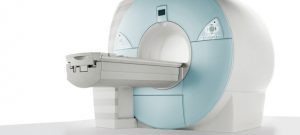Temple Adolescent Development Study (TADS)
We are no longer recruiting caregivers and children for a study examining how many factors, including child personality, behavior, brain functioning, family functioning, parental personality and behavior are related to multiple child outcomes.
Undergraduate Imaging Project
We are no longer recruiting Temple University undergraduate students for a study examining how a multitude of factors (i.e. personality) influence neural response to rewards. This study involves one visit to Temple University Main Campus (Weiss Hall) and an additional visit to Temple University Hospital MRI Center.
Approach Motivation in Undergraduate Students
We are no longer recruiting participants for a study that examines how trait and state level differences in personality and affect influence reward seeking behavior.
Adolescent Depression and Reward Functioning Study
We are no longer recruiting mother/adolescent dyads for a neuroimaging investigation examining the impact of positive emotionality and parental history of depression on the development of depression in adolescents/young adults.
